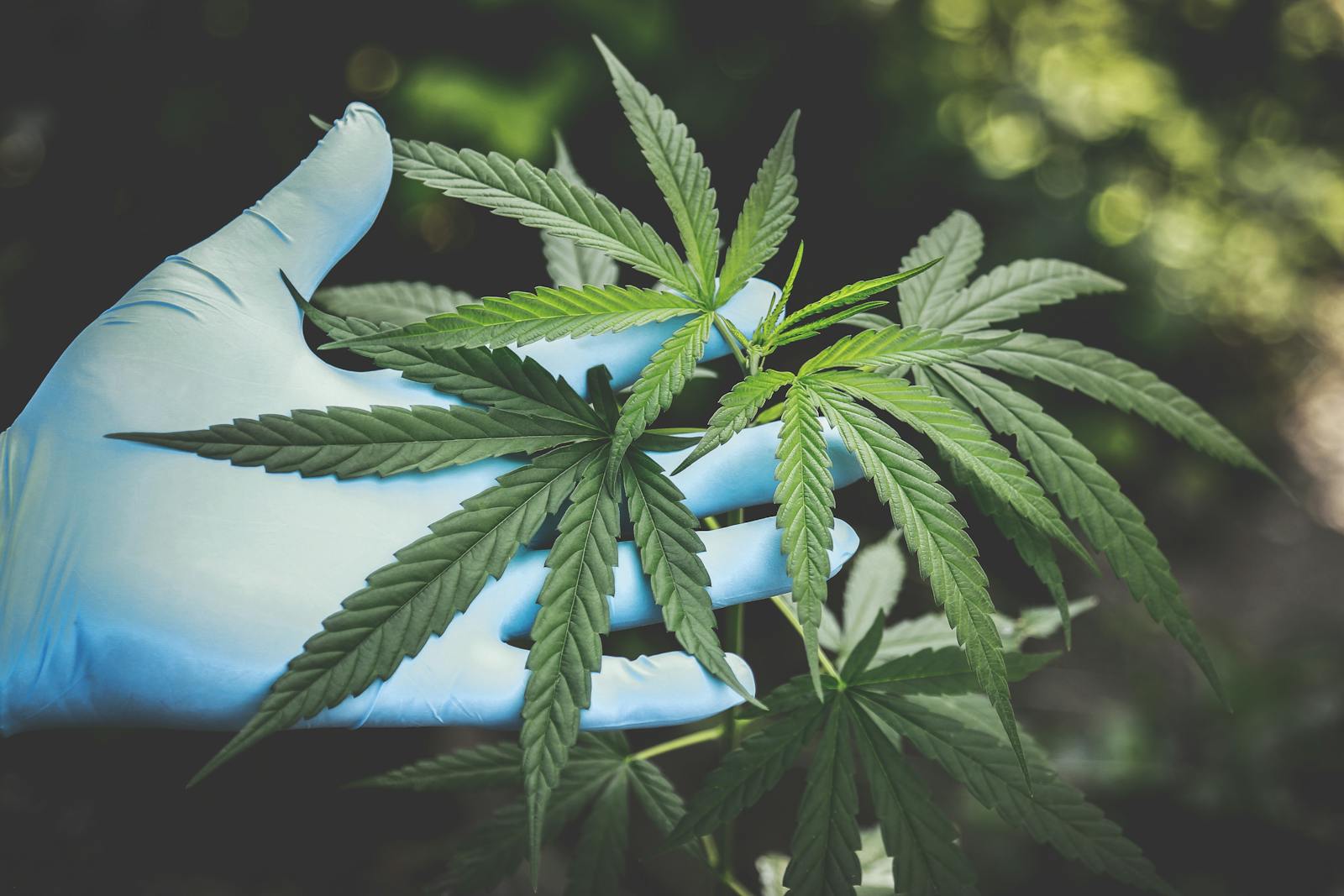Millions of individuals around the globe experience the distressing effects of chronic pain. This debilitating condition causes physical and emotional suffering and significantly diminishes their overall well-being. Over the years, medical marijuana has emerged as a potential alternative for managing chronic pain, offering relief to patients who have found traditional treatment options ineffective or accompanied by unwanted side effects. In the context of Louisiana’s healthcare system, using medical marijuana as a therapeutic tool for chronic pain management has gained increasing attention. This article explores the role of medical marijuana Louisiana healthcare system and its potential impact on individuals suffering from chronic pain.
The Legal Landscape
In 2015, Louisiana became one of the states to pass legislation legalizing medical marijuana for certain medical conditions, including chronic pain. The law allows qualified patients to obtain medical marijuana with the recommendation of a healthcare provider. However, it is important to note that the state maintains strict regulations regarding its use, distribution, and prescription.
Benefits Of Medical Marijuana For Chronic Pain
Medical marijuana contains cannabinoids, such as THC (tetrahydrocannabinol) and CBD (cannabidiol), which interact with the body’s endocannabinoid system, influencing pain perception, inflammation, and mood. The characteristics of medical marijuana have sparked increasing fascination as a prospective approach for managing chronic pain. Studies have shown that medical marijuana can relieve pain, reduce inflammation, improve sleep, and enhance overall well-being for individuals with chronic pain conditions.
Insights From Louisiana’s Healthcare System
In Louisiana, healthcare providers are actively exploring the role of medical marijuana in managing chronic pain. Qualified physicians are authorized to recommend medical marijuana to patients after evaluating their medical history and determining if conventional therapies have been ineffective or unsuitable. The healthcare system in Louisiana recognizes the potential benefits medical marijuana may offer patients who have exhausted other treatment options.
Patient Access And Support
Despite the legalization of medical marijuana, access and availability remain important considerations. In Louisiana, patients must obtain a recommendation from a registered physician and register with the state’s Medical Marijuana Program. Dispensaries, licensed by the state, provide the approved products to patients. It is crucial to ensure patients have access to high-quality medical marijuana products and receive adequate support regarding dosage guidance, potential side effects, and long-term monitoring.
Ongoing Research And Challenges
While medical marijuana is promising in chronic pain management, further research is needed to fully understand its efficacy, long-term effects, and optimal dosages for pain conditions. Challenges in conducting research include federal restrictions and limited funding. However, Louisiana’s healthcare system can actively participate in research initiatives to contribute to the growing evidence surrounding medical marijuana’s role in pain management.
Conclusion
The use of medical marijuana for managing chronic pain has gained significant attention within Louisiana’s healthcare system. By providing an alternative treatment option for patients experiencing chronic pain, medical marijuana has the potential to improve their quality of life and reduce reliance on traditional medications that may have adverse side effects. Healthcare providers, policymakers, and researchers need to collaborate to ensure the safe, responsible, and evidence-based utilization of medical marijuana for chronic pain management, benefiting patients across the state of Louisiana.






